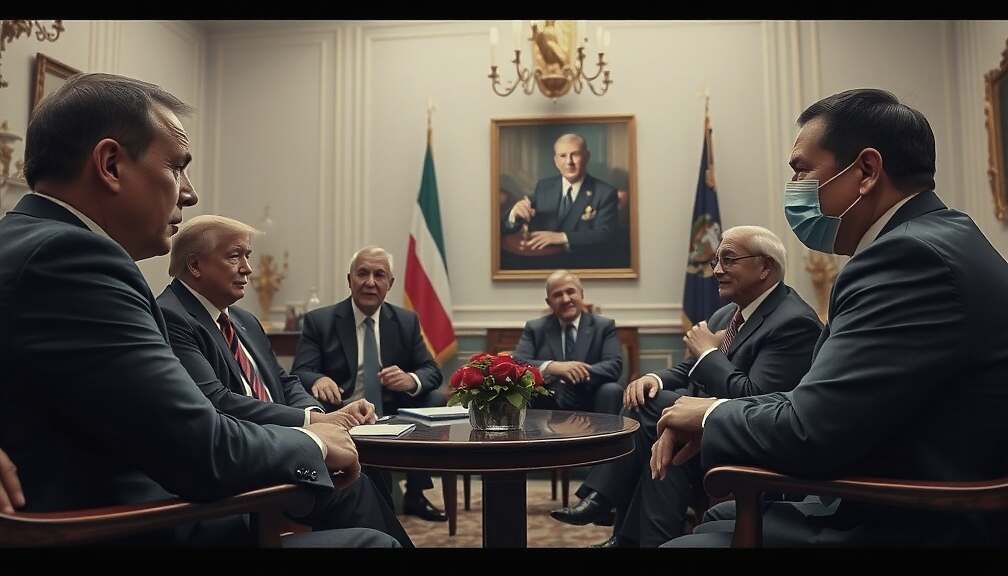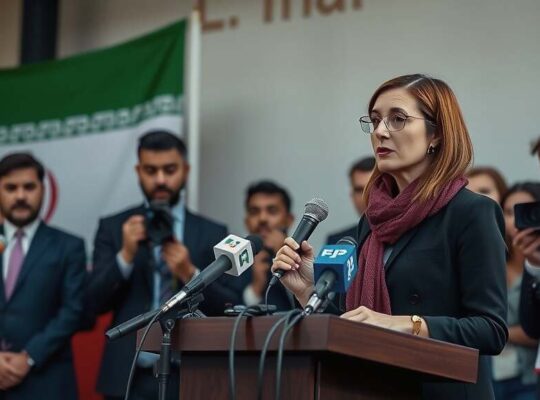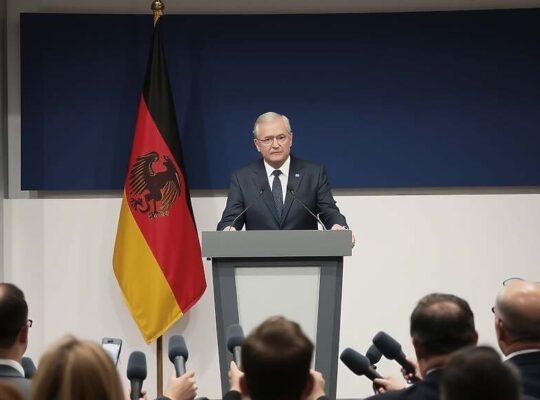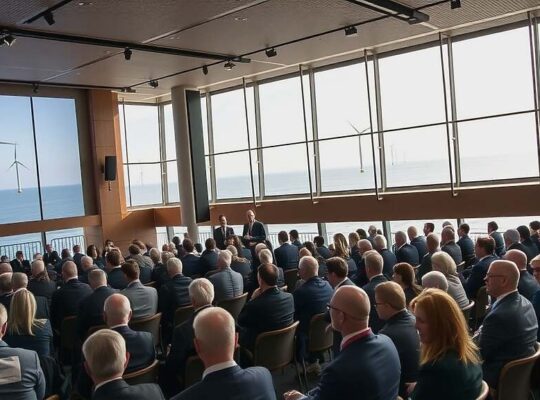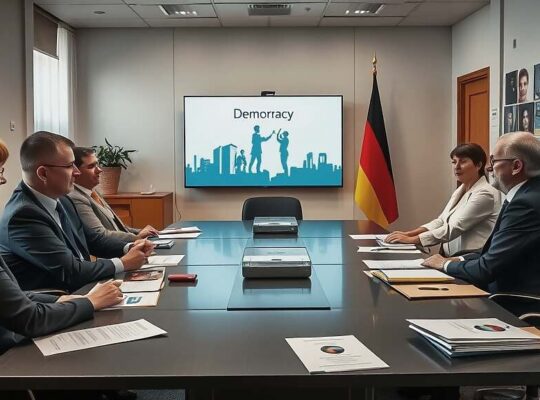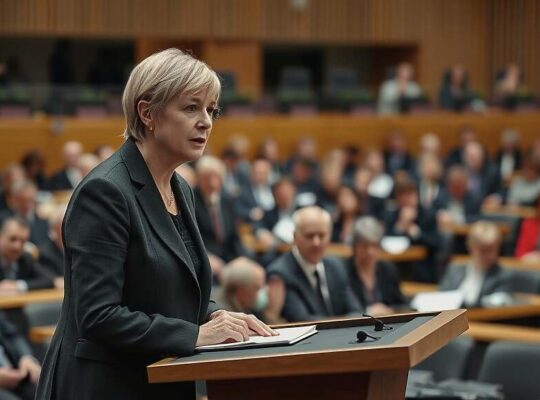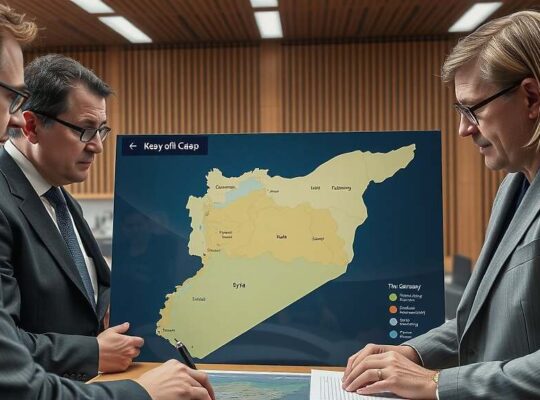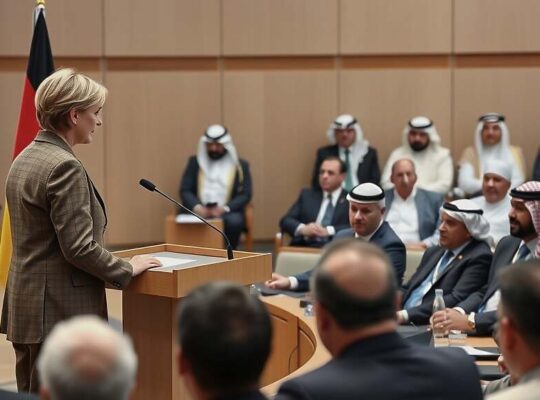The German government is embarking on a renewed effort to bolster ties with Ankara, signaling a shift in approach towards a nation increasingly viewed as a strategically vital, yet complex, partner for the European Union. Foreign Minister Johann Wadephul, of the Christian Democratic Union (CDU), announced a brief, seven-hour visit to Turkey on Friday, emphasizing the urgency of strengthening collaboration amidst a volatile geopolitical landscape.
While highlighting the deeply interconnected social fabric and “great potential for cooperation” between Germany and Turkey, Wadephul acknowledged that enhanced partnership hinges on specific political developments and decisions originating from Ankara. The visit, coupled with the planned meeting with Turkish Interior Intelligence Chief and Foreign Minister Hakan Fidan, suggests an intent to engage directly on sensitive issues and implicitly address concerns surrounding the rule of law and democratic norms within Turkey.
A key area of focus will be Turkey’s role in the ongoing conflict in Gaza. Wadephul credited Turkey’s mediation efforts for contributing to the recent historical ceasefire and underscored Ankara’s responsibility in maintaining pressure on Hamas as a supporter of a peace plan. This acknowledgement comes as the EU grapples with managing the complexities of relations with Turkey, which has, at times, expressed divergent views on the conflict.
The discussion will also encompass the protracted crisis in Syria, where Germany advocates for a political transition inclusive of all societal and religious factions. The shared goal, according to Wadephul, is to establish a secure and stable Syria allowing for the safe and voluntary return of refugees. However, critics argue that achieving this goal requires a significant shift in Turkish policy regarding regional influence and engagement.
The brevity of the visit has already drawn scrutiny, with some analysts suggesting it is a pragmatic, albeit limited, attempt to reset the relationship without committing to deeper concessions. Observers will be closely examining whether the engagement will lead to concrete steps towards addressing concerns over human rights, freedom of expression and judicial independence within Turkey and if the dialogue can produce tangible progress on regional stability beyond symbolic gestures. The underlying question remains whether this renewed engagement represents a genuine opportunity to reinvigorate a vital partnership or a calculated risk in navigating a precarious strategic landscape.


